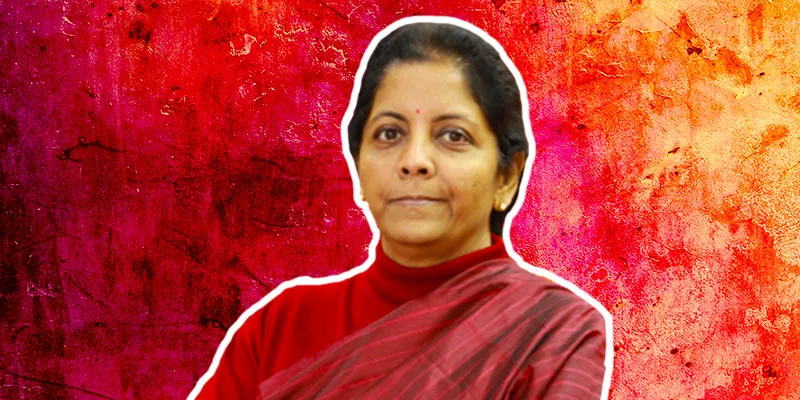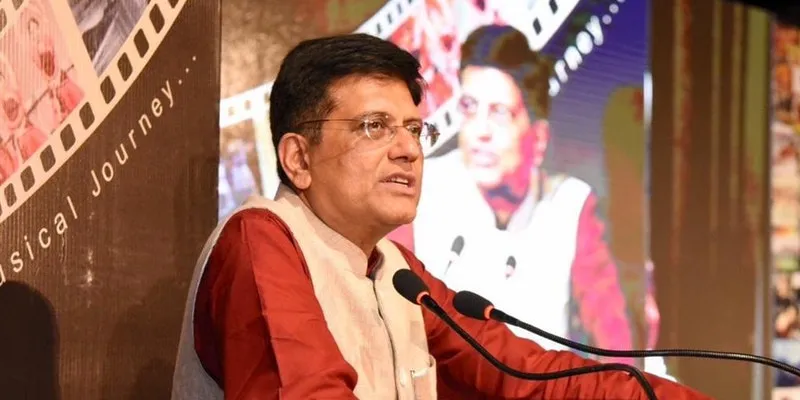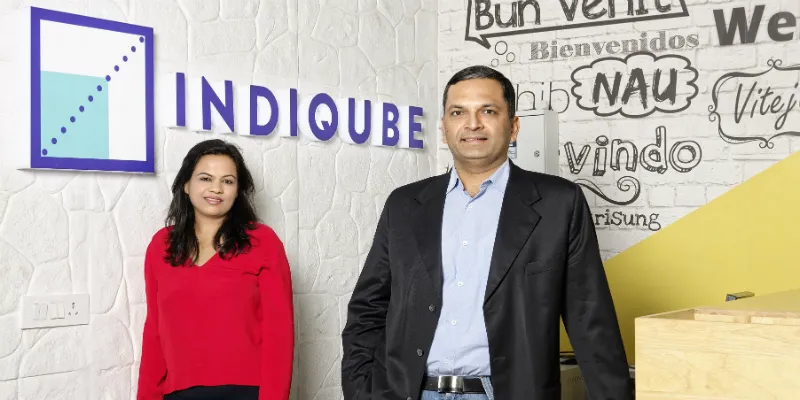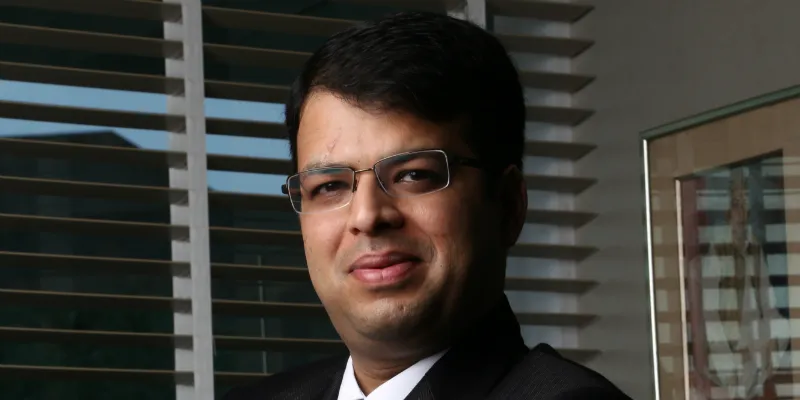Finance Minister Nirmala Sitharaman is all set to present her first Union Budget on July 5, 2019. With the Bharatiya Janata Party (BJP) in power and expectations running high for Modi 2.0, small businesses around the country are watching with bated breath.
When the Interim Budget was presented by then-Finance Minister Piyush Goyal in February 2019, he allocated the MSME sector an all-time high Rs 7011.29 crore.

Piyush Goyal also announced an interest subvention scheme for MSMEs and added that interest relief would be calculated at two percent points per annum for loans up to Rs 1 crore. The interest subvention scheme aimed to encourage manufacturing and service enterprises to increase productivity. It stated to provide incentives to MSMEs to get onboard the GST platform.
He also recapped the government measures to enhance credit access and boost employment for MSMEs. Goyal discussed the 59-minute loan scheme, PSU’s 25 percent procurement from MSMEs mandate, Government e-Marketplace (GeM), and more.

Indian MSMEs welcomed the Interim Budget’s measures, but these are not be all that they might be looking for. Now that the Union Budget 2019-20 is due to be presented in full, here are the top areas of concern for MSME stakeholders:
Contents
GST, working capital

Prior to the Interim Budget, GST was a primary concern for small businesses and this sentiment still lingers. Kottayam-based Anand Oil Industries founder TV Aniyan says, “Many MSME units in Kerala have failed to file their GST TRAN-1 form in time. Due to this, some of their working capital in the form of tax has been blocked. We wish that the Budget grants them more time to solve this.”
Also from Kerala, Sanson Chemical Industries founder Xavier Kondody is expecting a special allocation for micro and small enterprises in comparison with medium scale industries. According to him, the turnover bracket specified for medium scale industries (Rs 75 crore to Rs 250 crore) is not inclusive enough and wants to see more smaller industries receive the same allocation.
He adds, “We also want to see GST consolidation under three slabs: zero percent, five percent, and 16 percent.”
Regulatory frameworks
Compliance and regulations are challenges faced by most entrepreneurs who often are not well-versed with documentation or filings. Rishi Das, Co-Founder, IndiQube, says, “The major challenge is on the regulatory front, as entrepreneurs have to go through numerous compliances that are put in place by various regulatory bodies. The government is expected to ease these regulations and tax requirements for new businesses as promised in BJP’s election manifesto.”

Ahmedabad-based Cleantech, which works on decentralised water treatment projects for Hindustan Petroleum Corporation Limited, Amul, Tata Housing, Blue Star, Adani Institute, etc, expects some changes in the framework for security deposits given to larger organisations.
Deepesh Namdeo, Business Development Manager, Cleantech, says, “We expect the Budget to give some relaxation in terms of security deposits given by MSMEs to the PSU/private limited/limited/government sector.”
Credit facilities
Access to affordable, collateral-free credit remains one of the most important areas of concern for the MSME ecosystem. For Gurugram-based entrepreneur Sukrit Bansal, the cost of capital is of prime concern.
The luxury faucets, showers and sanitaryware company Eauset’s founder says, “For MSMEs the biggest challenge is cost of capital to raise money, which should be reduced as capital is the most important aspect of growing business. Further, the norms associated with banks or financial institutions giving loans towards MSME should be made simpler and quicker.”

But Arun Singh, Chief Economist at Dun and Bradstreet, anticipates an increase in the target for lending under Pradhan Mantri MUDRA Yojana (PMMY). He says, “Either new schemes that provide collateral free loans of up to Rs 5 million would be launched under PMMY or the existing ceiling of Rs 1 million would be raised.”
According to him, also likely are are some measures to improve the welfare of small traders, such as establishment of National Traders’ Welfare Board, creation of a National Policy for Retail Trade and a scheme on the lines of Kisan credit card and providing merchant credit cards to registered merchants.
The way forward
Some major expectations of other MSMEs could be met as the Finance Ministry reportedly considered interest rate subvention and lower tax rates for up to certain turnover threshold for key MSME sectors while planning the Budget.
Media reports in June suggested that the PMO is supportive of higher budgetary allocations or other fiscal support to these sectors because of their dual potential of pushing exports and creating more employment.
However, aiding MSME units is easier said than done, especially pertaining to the range of policies that will help support the incomes of small enterprises. Moody’s Investors Service noted earlier this year that steps announced by the government to aid MSMEs and farmers would increase the risk of fiscal slippage and push deficit to 3.4 percent of GDP in the current financial year.
All eyes will be on Nirmala Sitharaman as the Budget presents the way forward for the MSME ecosystem in India. It could be a big turning point for the sector, which is still recovering from demonetisation and the implementation of GST.
[“source=yourstory”]
